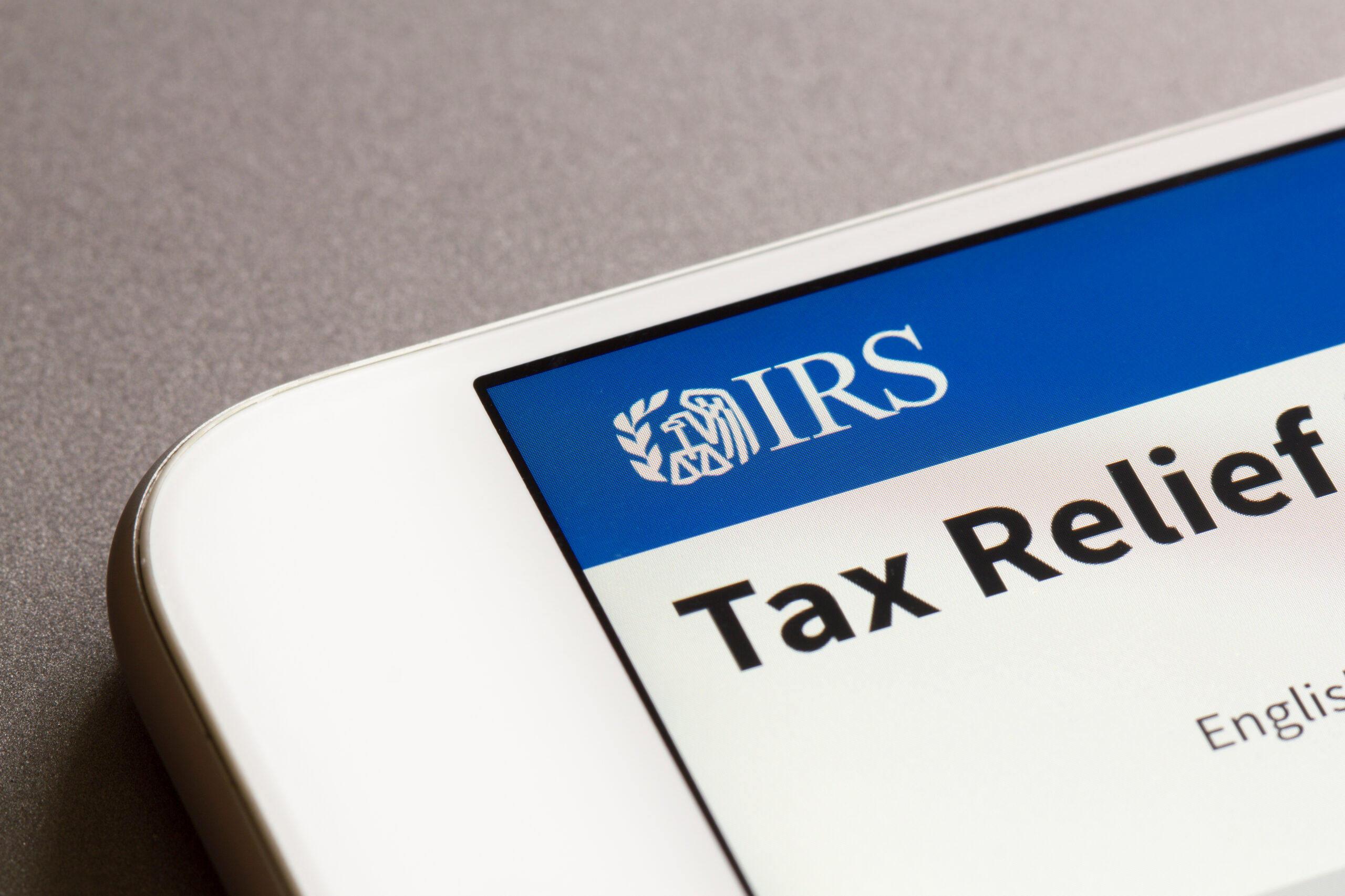On 8/11/23, the IRS announced that under the right circumstances, international taxpayers will be able to use a new, fully electronic tool to submit penalty IRS relief requests for a few late-filed forms: a fax (855-582-4842). For now, the new fax option applies to just three types of filings: gain recognition agreements, dual consolidated losses, and partnership gain deferral contributions. IRS relief for International Taxpayers is part of the digitalization being taken across the IRS. The IRS expects that the taxpayer seeking the IRS relief can show that the failure to comply was due to “reasonable cause” and was not willful. Meaning, it did not come from gross negligence, reckless disregard, or willful neglect.
Relief for Gain Recognition Agreements
Taxpayers may qualify for relief if they failed to submit any of these documents related to a gain recognition agreement when they filed their initial return:
- New or existing gain recognition agreement
- Form 8838, Consent To Extend the Time To Assess Tax Under Section 367-Gain Recognition Agreement
- Form 926, Return by a U.S. Transferor of Property to a Foreign Corporation
- Annual certification(s)
- Documents for outbound transfers of domestic stock, securities, or certain indirect stock transfers
- Other reporting requirements in Internal Revenue Code Section 6038B
Late Filing Relief for Dual Consolidated Losses
Taxpayers may submit an amended return to request late filing relief if they failed to file a document that’s permitted or required under the dual consolidated loss rules. U.S. corporations who are subject to the dual consolidated loss rules and didn’t file permitted or required documents on time due to reasonable cause may request late filing relief.
Relief for Partnership Gain Deferral Contributions
Taxpayers may submit an amended return to request relief if they filed an initial partnership return with a gain deferral contribution but were unable to submit all required documents. Taxpayers may qualify for relief if they didn’t submit this information when they filed their initial return:
- Form 8838-P, Consent To Extend the Time To Assess Tax Pursuant to the Gain Deferral Method
- Form 8865, Return of U.S. Persons With Respect to Certain Foreign Partnerships
- Other required annual reporting documents
According to the IRS Manual, reasonable cause for abating penalties is based on all the facts and circumstances of a Taxpayer’s situation
IRS will consider reasons which establish that a Taxpayer used all ordinary care and prudence to meet required Federal tax obligations but were nevertheless unable to do so. So, when Taxpayers attempt to use the “it is not my fault” argument as a defense for abating IRS penalties because of relying on guidance from a tax professional or from tax preparation software that turned out to be incorrect, this defense or argument, when factually supportable, could be treated as “reasonable cause” for Taxpayer penalty abatement relief to the satisfaction of IRS.
Reasonable Cause
According to the IRS Manual, important factors in determining reasonable cause are:
- The Taxpayer’s effort to report the proper tax liability.
- The Taxpayer’s experience, knowledge, education, level of sophistication.
- The Taxpayer’s reliance on the advice of a tax advisor.
- The Nature of the tax investment.
- The complexity of the tax issues.
- The competence of the tax advisor.
- The quality of the opinion relied upon must be developed to determine whether the taxpayer was reasonable and acted in good faith.
Taxpayers have the responsibility for choosing the appropriate advisor, analyzing the advisor’s expertise and the quality of the advice provided. Reasonable cause is determined by the IRS on a case-by-case basis and Taxpayers ought to be cognizant of this.
In order for Taxpayers to take advantage of the new option that provides an easier, more efficient way for taxpayers or their tax professionals to submit electronic requests for IRS relief for late-filed international documents, they must be able to prove that it was due to reasonable cause.
Who is your professional tax advisor? ©


